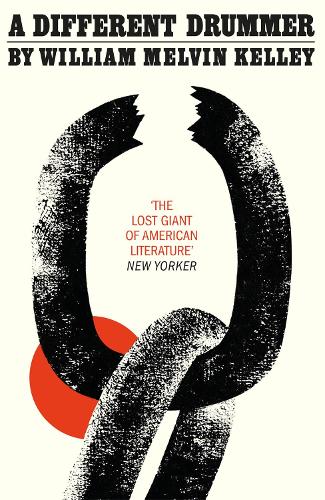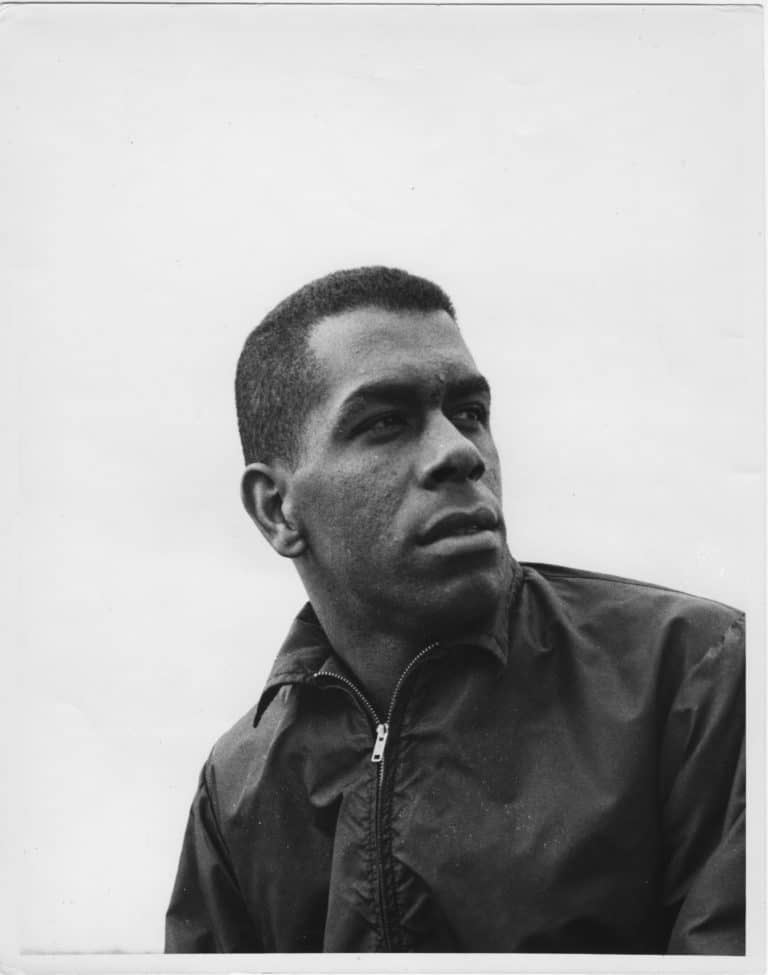

Kelley, like Faulkner, presents the inner psychological workings of whites as they struggle to come to terms with the African Americans leaving the community and with their relationship with them.

However, I think another reason that Kelley chooses this narrative position is partly, as stated earlier, in response to Faulkner. Bradley discusses this in the Foreword as well. (xxiii)įor me, Kelley’s decision comes partly from his upbringing, attending Harvard in the 1950s and existing in the Northeast. He could also have done them in addition. Why, some wonder, would he write this way? Why did he not tell us of a black sharecropper hearing of Tucker’s action, or black folk gathering, debating, wondering, struggling with the awful existential questions of what to take and what to leave behind. This vantage point has caused a great many troublesome questions for contemporary critics. As part of this, he discusses the problematic nature some find when encountering Kelley’s novel and the author’s choice to present Tucker’ story, and that of those who leave with him, through the eyes of whites in the community. In his Foreword to the 1989 edition of the novel, David Bradley argues, partly, for the need to do away with literary terms for genres such as African American literature years before Kenneth Warren made his propositions. Sherley Anne Williams does it in Dessa Rose (1986) when she has a white editor and white woman portray part of Dessa’s story.

Gaines does it in A Gathering of Old Men(1982) when he creates chapters from the point of view of the African Americans in the quarters and the whites who come to try to mediate the situation. What is the purpose of Kelley presenting the story of an African American, Tucker, in this way? Kelley is not the only author who does this. Poor whites like the Lelands narrate some chapters and the wealthy Willsons, who Tucker and his family worked for, narrate other sections. Pulling from Faulkner in his aesthetics, Kelley presents Tucker’s story through the voices of white characters, switching perspectives with each chapter. Today, though, I want to focus on one aspect of Kelley’s novel that stands out, particularly the point of view.


 0 kommentar(er)
0 kommentar(er)
